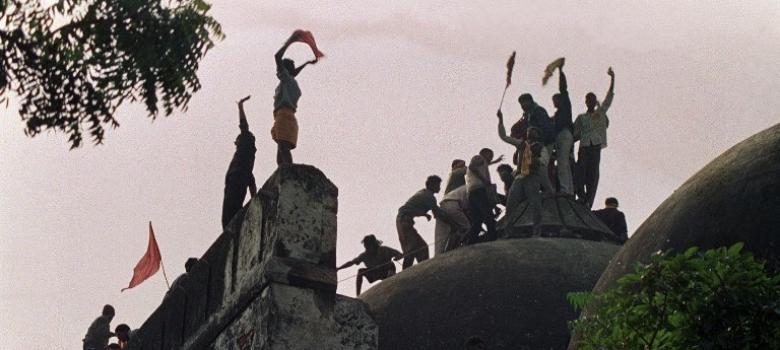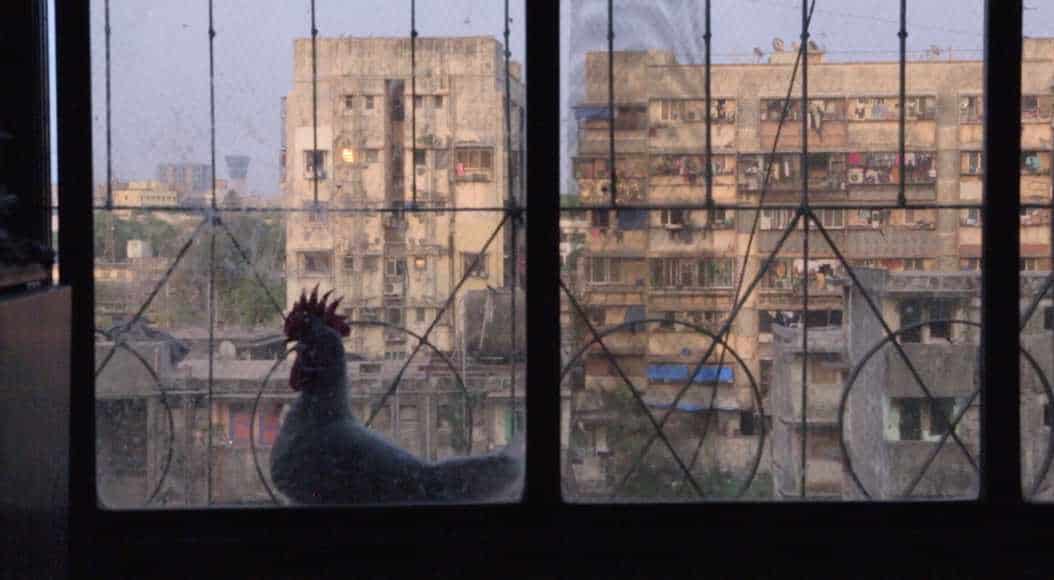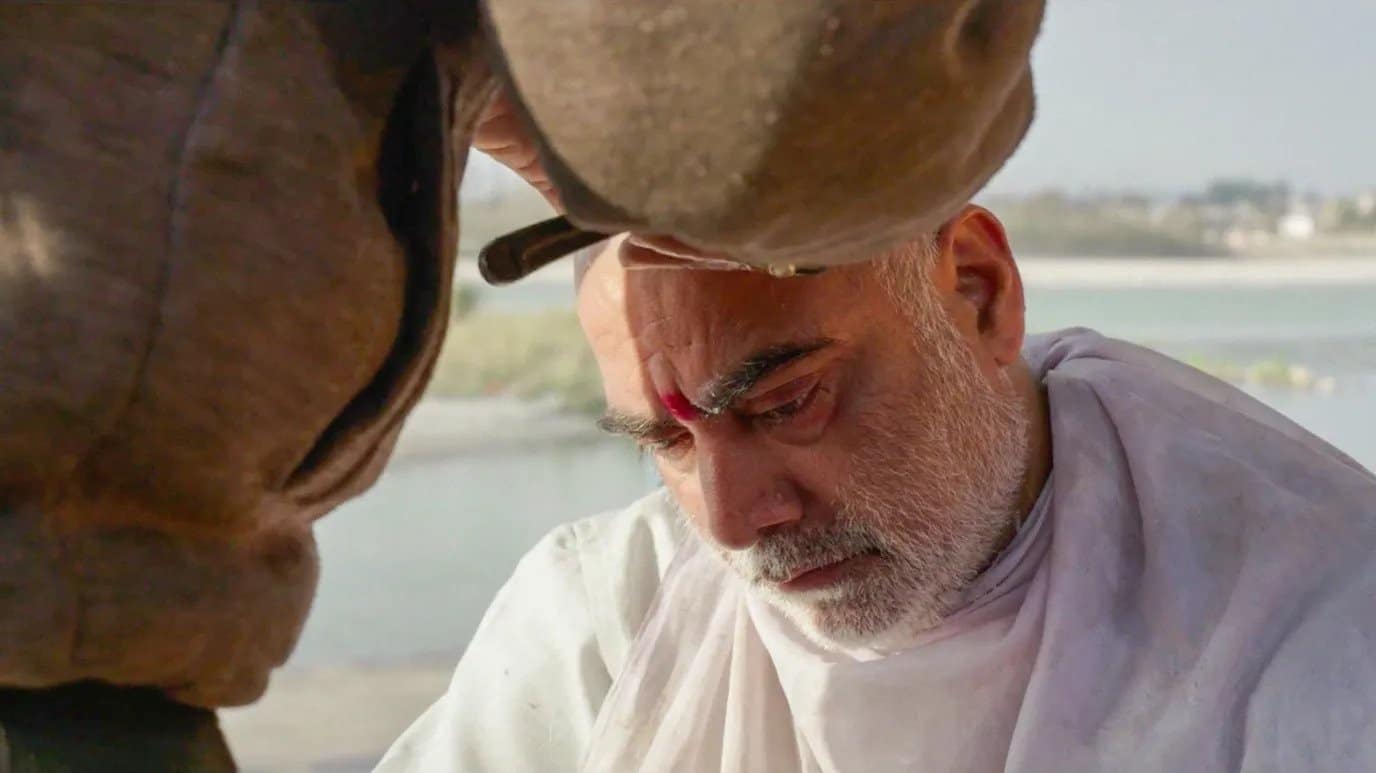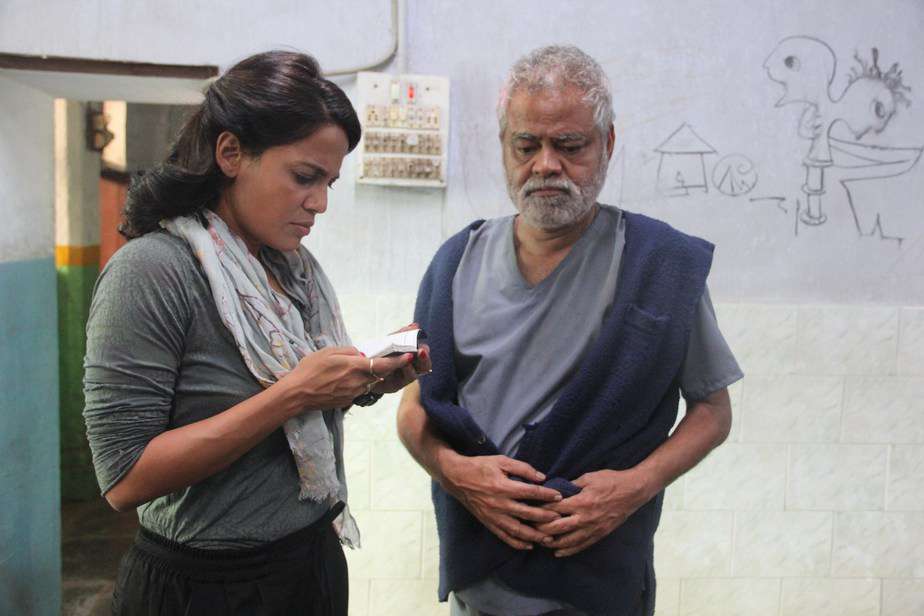Prolific documentarian Anand Patwardhan's 1992 work “In The Name of God” is undoubtedly one of the most important films in the history of Indian cinema. Although it is the recipient of several national and international accolades like the National Film Award for Best Investigative Documentary, Patwardhan's masterpiece has been routinely censored by specific religious organisations and the government.
“In The Name of God” is a scathing indictment of the machinations of communal hatred in India, documenting the irreverent carnage that such sentiments usually leave behind. It follows the events leading up to the 1992 demolition of the Babri Masjid in Ayodhya by a terrorist group of Hindu nationalists. Patwardhan interrogates the indoctrinated, bloodthirsty mobs as well as the terrified, helpless onlookers who are caught in the crossfire of a meaningless ideological battle. The documentary systematically unravels the laughable myth of the “secular” Indian state by depicting instances of state-sanctioned genocide and violence against marginalised communities.

The central conflict that “In The Name of God” covers is the dispute over ownership of the land on which the Babri Masjid existed. Hindu nationalists consider it to be the birthplace of Lord Ram and see the mosque as a symbol of oppression under the Mughal regime in India. While there are contrasting reports that dismiss such claims, the primary conclusion that Patwardhan arrives at is the mob's overwhelming disregard for veracity. We are silent witnesses to the crimes of Ideological State Apparatuses that masquerade as religious institutions. One Muslim elder says: “There's so much hatred today that people despise the very sight of us.” Three decades later, nothing has changed.
Patwardhan's film is brutally effective because it provides a humanistic framework within which we evaluate the fundamental nature of the rancour that plagues India. He makes it evident that there are human beings hiding under masks of hatred, masks that they have been forced to wear by the politicians in power who perpetrate mass-agitation and then retire with embezzled funds. Patwardhan even indulges in visual metaphors to demonstrate the superficiality of this phenomenon. A striking example of this is when he films the fake chariot that was designed for a politician to make him feel like Lord Ram. Beneath the golden illusion of the cardboard chariot's wheel, the dirty tire of a truck is visible. That one image is transformed into a powerful commentary on political corruption, the exploitation of labour and ideological mobilisation.
By juxtaposing religious hymns with news reports of the number of deaths caused by religious riots, the documentary makes the audience confront the actual legacy of religion in India. “In The Name of God” actively deconstructs the widespread lie that the Hindu majority of the country is oppressed. It showcases the actual problems that continue to exist in India: caste discrimination, poverty and corruption. Patwardhan interviews idealists who wanted to see the improvement of the country but were reduced to the status of disillusioned cynics by bureaucratic manipulation and the coercive structures of power that govern the system. When one woman belonging to a marginalised section of Indian society is asked about her opinion on the demolition of the Babri Masjid, she answers with a profoundly tragic question: “We aren't allowed to enter temples so what good are temples to us?”
In 2019, the Supreme Court of India legitimised the mosque's destruction and rejected 18 petitions that wanted a review of the court's verdict. The same year, “In The Name of God” was prevented from being screened at multiple universities across the country by police forces or other students belonging to Hindu fundamentalist organisations. This constant censorship is sufficient evidence of the documentary's undying relevance. Those who dismiss it as “anti-Hindu” do so because they are unwilling to accept the fact that the ruling government's regime is built on a foundation of death, destruction, hatred and propaganda.















